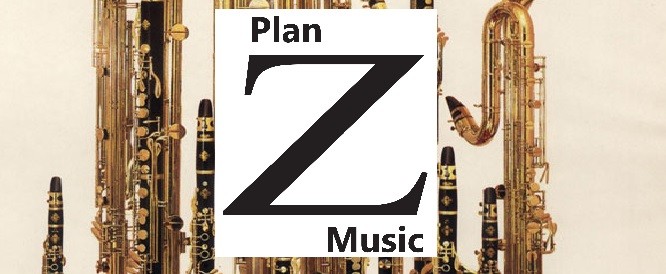Like most people working in music education, I am appalled at the proposal to exclude creative, artistic and technical subjects from the EBacc. Originally unveiled by Michael Gove, enthusiastically supported by his successor, Nicky Morgan, equally passionately advocated by Schools Minister, Nick Gibb, this proposal has scant support among the teaching profession. Dissenting voices are met with lofty declarations about the government’s core aims for every child which fail to address concerns and reinforce the growing impression that our elected representatives are more interested in denying than providing education. Perhaps Justine Greening will be different, but I’m not holding my breath.
What we do know about Greening is that she is an enthusiastic advocate for extending academy status for schools. One consequence of this change in status is that schools cannot any longer benefit from the expertise that comes with centralised, local authority provision of instrumental tuition and teachers are appointed at the absolute discretion of headteachers. I have known some impressively enlightened heads who have a clear grasp of what a school music department should be delivering, but there is no reason why every head should have such attributes. I also know of schools where a jolly, smiley person has confidently said “I can teach all your wind instruments and some strings as well!”. The resulting, joyous cacophony in the classroom tells the headteacher that all is well with instrumental tuition in the school: another box ticked, time to move on. Every September, at my secondary schools, I inherit the products of such a system as they come into Year 7. I always aim to be gentle and tactful, but many hapless children wonder what has hit them.
I have always felt it is something of a misnomer to refer to instrumental teachers as instructors, as many schools do, and I assume this has arisen from an attempt to distinguish us from classroom teachers who have qualified teacher status: if you do not have QTS you can’t be a teacher. My beef with this is the implication that we simply hand out technical instructions which lead to students being able to play, a bit like driving instructors (it should be noted that those who instructed me to drive showed saintly qualities of patience and perseverance: I do not wish to denigrate their excellent work). By far the most challenging part of learning any instrument is the development of musicianship: reading, fluency, rhythmic accuracy, phrasing and aural awareness. Compared to learning these aspects of music-making, figuring out which fingers go where is the easy bit. Musicianship, in turn, cannot be separated from interpretative issues: music is a language of many dialects reflecting a huge cultural diversity. This we must also try to communicate to our students: not to do so is rather like trying to teach a language without reference to grammar.
Much is made of the transferrable skills developed through instrumental learning, and they are considerable: physical coordination, communication skills, social skills, concentration, problem-solving, self-directed learning, self-confidence, assertiveness, self-esteem and so on. We should not, however, disregard the intrinsic value of participating in music: it enables us, as social animals, to connect with our essential humanity. We have been collaborating to produce coordinated sounds since we fell out of the trees; our social connection and, therefore, our very survival depended on it. Nick Gibb tells us: “Every child deserves to leave school fully literate and numerate, with an understanding of the history, geography and science of the world they inhabit, and a grasp of a language other than their own.” Quite so: those attributes enable us to pursue goals and serve causes greater than ourselves. But I can’t quite let go of Thomas Paine’s magnificent assertion, enshrined in the American constitution, of the “right to life, liberty and the pursuit of happiness”: selfish but legitimate ideals. The education system should provide access to knowledge and understanding; it cannot and should not seek to shape our destiny.
The opportunity to participate in music-making has a profound effect on the lives of young people and, even though they may never play again after leaving school, many treasure the experience for the rest of their lives, encouraging their own children in turn to take up instruments. I have the good fortune to conduct the Wind Band at one of my schools. I have always been a vociferous advocate for such bands in all secondary schools which usually have far too many wind players for the symphony orchestras. Whilst the stronger players carry things along, the weakest play what they can and mime the rest, eventually getting the idea, developing the necessary skills and becoming, in turn the stronger players: to an extent, if you can’t run you can hide. The reason why this activity is the highlight of my week is because I see at first hand the delight of young people who are achieving something impressive that they had never believed could be part of their lives. They certainly value this above any transferrable skills and their lives are better for it.
An understanding of what our students can really gain should provide us with both a responsibility and an opportunity. The responsibility is to ensure that every child develops the knowledge, skill and self-confidence to participate in school music at the highest level they can achieve. The opportunity is to communicate our own enthusiasm and wonder and show them that an orchestra or band really can be greater than the sum of its parts. And that is the problem for secretaries of state and their acolytes: in our transactional society all endeavour is commodified, all value must be quantified. You can’t eat music, nor can you kill people with it, it won’t keep the rain off or keep predators at bay.
But most of us can’t live without it.
